Is the Lean Startup Dead?
Steve Blank
SEPTEMBER 5, 2018
Reading the NY Times article “ Jeffrey Katzenberg Raises $1 Billion for Short-Form Video Venture, ” I realized it was time for a new startup heuristic: the amount of customer discovery and product-market fit you need to find is inversely proportional to the amount and availability of risk capital. It’s the antithesis of the Lean Startup.


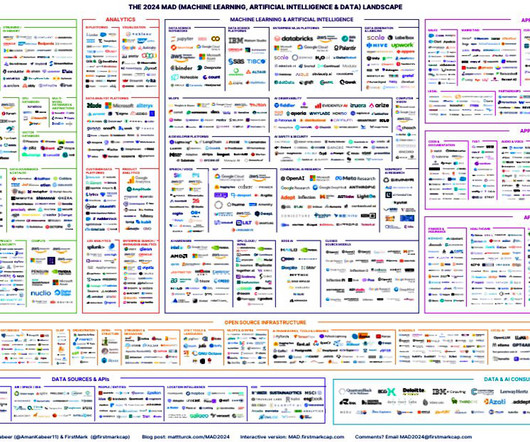





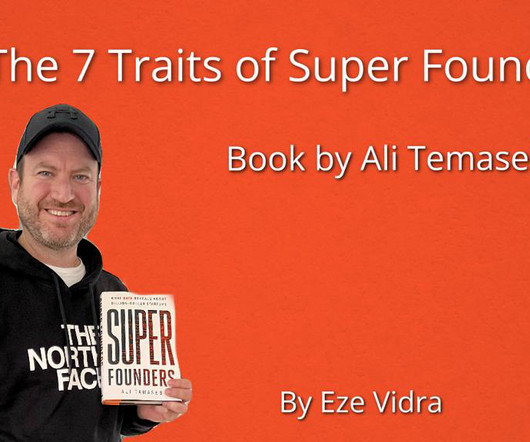


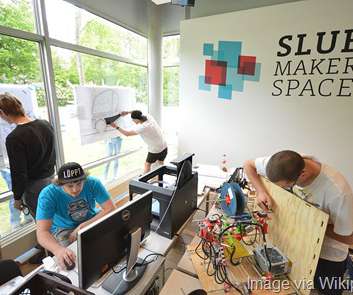
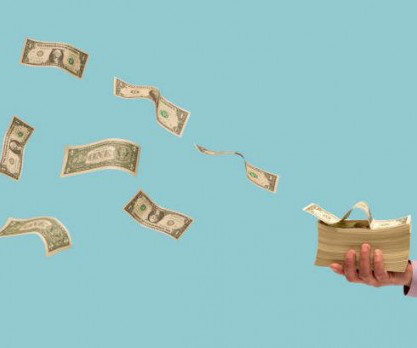







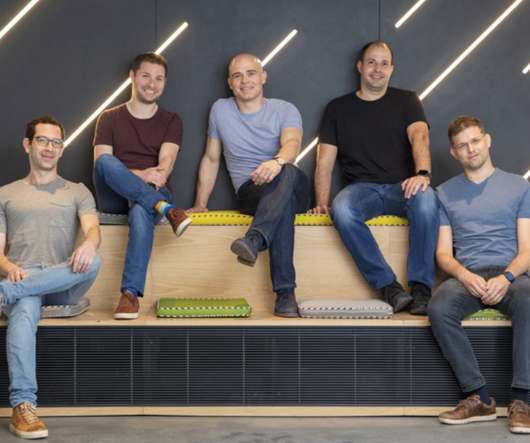








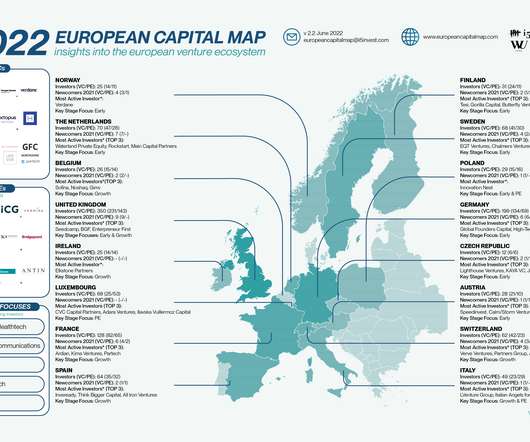












Let's personalize your content